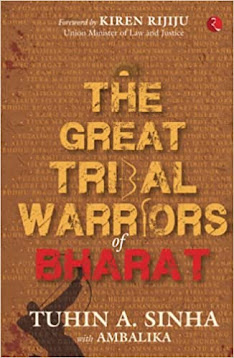
Her family moved to Kurseong shortly after she was born. Surrounded by lush green tea estates with well-pruned bushes, the towns of Kurseong and Darjeeling started witnessing the arrival of education and infrastructural development in the early 19th century. This created ample job opportunities compared to the then princely state of Sikkim, leading Helen's father to move to Kurseong.
Kurseong is a beautiful town known as The Land Of White Orchids. It was initially called "Karsan Rup", which means The Land Of White Orchids. Even Mark Twain spent some time here. However, Kurseong is most popularly associated with Netaji Subhash Chandra Bose, who was imprisoned in a bungalow here by the British.Helen Lipcha, also known as Savitri Devi, helped Netaji Boe escape and supported Mahatma Gandhi in the Non-Cooperation movement.
I have learnt and heard of many fighters and towns but never of Kurseong. I never even knew there was a girl named Helen Lepcha who played such an essential role in history. I genuinely salute these unsung heroes who were brave enough to risk their lives yet not be famous.
The one question I would like to ask the author is - Does the story of Helen Lipcha inspire you or relate to your life in any way?
Rishona Chopra
Grade VI
Gyanshree School



